You are a new employee at WyeWorks — or a new wyeworker, as we like to say — eager to learn our company’s culture, meet new people, and expand your skill set. But what does it mean to be a wyeworker? And how will you effectively become one? Our goal is to provide you with the right support to become your unique version of a wyeworker, embracing your individuality as you learn how to contribute as an active member of our team. So, let’s embark on this journey together and see how it rolls!
The ideal wyeworker
Let’s start from the beginning: what’s it like to work in WyeWorks? The ideal wyeworker is guided by our values and is closely related to the type of service we provide and how we approach it. As software consultants, we’re highly skilled professionals who focus on our client’s business as a whole, rather than on engineering concerns alone. We care about the product we are helping to build. We want to collaborate with other departments and professionals to better understand and contribute to the business. And we want to provide a lot of value as fast as possible. Moreover, we also want to do it sustainably and have a good time doing it.
Once, we were working exclusively with Ruby on Rails. Now we also have expertise on the Javascript world and the growing Elixir ecosystem. We choose technologies that make us happy and efficient; and work hard to master them. Technology isn’t everything, though, and it’s subject to change. Collaboration, communication, work prioritization and autonomy are the core of our skill set as wyeworkers. But we value each other’s unique way to practice those skills.
That might sound like a lot of responsibility and expectations on your shoulders, and may seem overwhelming at first, but you’ll have plenty of people to learn from. And to teach to. The important thing is that you embrace this mindset: optimize for learning, develop your understanding of other people’s concerns and necessities, learn hard skills as you need or want, and enjoy your time here as much as you can.
The onboarding process
Beside the staffing team members that carried out your interview process, the first person you will be officially introduced to is your onboarding advisor. Hi, that’s me, Andrés, and I’ll be your guide through your first steps at WyeWorks! So, what do we do now?
As the inherent uncertainty of joining a new company isn’t enough, I’ll start by adding some more: we don’t have a plan. We don’t have you assigned to a client and we don’t really know when that will happen. It’s likely that we don’t even know which client you’ll be assigned to. There’s too much variability and, while in different cases we have different levels of uncertainty, we embrace it. So that’s the context we’re playing: we’re not sure about how your first task in a client will look like. However, we do have a commercial strategy, we do have a technological strategy, we do have a culture you have to discover, and, well, we do have you. Rather than an onboarding plan, we developed an onboarding framework to help you navigate through all that uncertainty and make the most of your time.
How it rolls
You’re starting week zero. After we present each other — professionally and personally — I’ll tell you about the onboarding process and its history and I’ll share my vision of WyeWorks with you. What is WyeWorks and what’s like to be a wyeworker to me, your onboarding advisor. I’ll also point you to our wiki, so you can read a lot of stuff about the company, our culture and the kind of work we do here. Then you’re set off on a quest to know the rest of the team: you’ll meet with each manager, with each client team, and with other people that might not fit into any of those categories, like other onboardees, engineers and support roles.
Week zero and week one are all about us knowing each other. We’ll meet everyday, and we’ll have to set clear expectations about the company, the onboarding process, and the possibility of joining a client team. As your onboarding advisor, I should be able to understand your technical baggage, your professional and academic background, and especially your career goals. All of this is so we can devise learning opportunities tailored to your necessities and aspirations, not only helping you to develop what WyeWorks needs but also encouraging you to grow in a direction that makes sense to you. I should also be able to read your personality and your autonomy level so I can choose a guidance modality that fits you best, be it mentoring, coaching or a more closely guided approach.
We’re iteratively making a plan, together, and I’ll present you with the resources we have to support its execution. You may spend your time learning a new technology, deepening your understanding in some engineering problem, reading about soft skills, or something else. I’ll make sure you have the means and the feedback. But I’ll also present goals that could both motivate you and provide value to WyeWorks: prepare a talk for the rest of the company, write an article for the blog, contribute on internal initiatives, or get on a software development process to pull off an internal tool or start up a personal project you’re interested in. And the most important: as we decide what we’re doing during your onboarding and why, I’ll assemble a team of helpers to join you on this journey. Because that’s the key role of an onboarding advisor once they understand your needs: to connect you with whoever can enrich your skills.
When it comes to an end
The onboarding’s duration is as uncertain as the process is in the beginning. As soon as a commercial opportunity that fits you well appears, your days in formal onboarding are counted. That doesn’t mean your plan is over. It’s just a shift in priorities. But you can still keep in touch with your advisor and your helpers to keep going with any activity, project or dynamic that’s valuable to you. As I said before, we optimize for learning, and that includes taking some time over-client to deepen your skills. You’re starting a new journey and a new onboarding process, now inside a client engineering team.
So, do you have all the skills that we initially set out to learn? That’s hard to say, as “the ideal wyeworker” is mostly a horizon we strive to reach. But you’ve studied a lot, had the opportunity to meet and get feedback from highly skilled engineers, and gathered many people’s vision about WyeWorks. So, hopefully, you’re now on track to become the wyeworker you want to be and start contributing to build the company you want to belong to.



